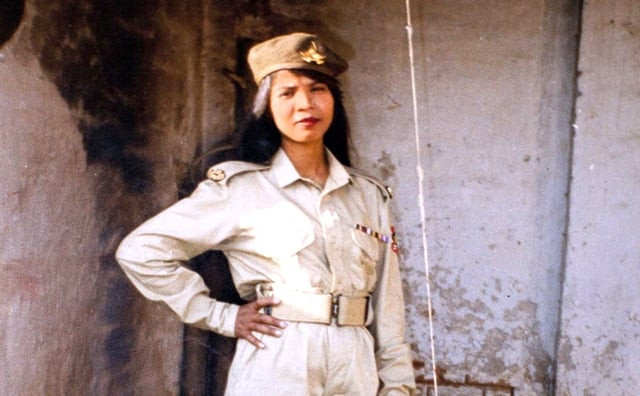Sentenced to hang
The blasphemy provisions are used more often as a means to settle petty disputes.

Sentenced to hang
The whole matter exposes the absurdity of the provisions. From what we know of the story, some Muslim women labourers had objected to Asiya touching the water bowl on the grounds of her belief. It is, of course, a fact that their objection has no roots in Islam, a religion which makes no distinction on the basis of caste or creed. Unfortunately, clerics in the area to whom the women went a few days later, accusing Asiya of committing blasphemy, did not bother to point this out. The women have latched on to the allegations that the unfortunate woman had used derogatory language against the Holy Prophet Muhammad (Pbuh) and acted to bring her before a court. We should ask what our religious leaders are doing to correct the many misperceptions that seem to have crept into the minds of people about Islam and its principles. We would expect for instance that, as men committed to a faith based on tolerance, peace and equality for all humans, they would now step forward to state that there should be no space for bigotry of the kind seen at Nankana Sahib or for the raising of objections over fetching water which seem to have led to more serious charges.
It is unclear why Asiya should have chosen to commit blasphemy. The whole matter, like many of the cases of the same kind, seems to hinge entirely around blind bias and a desire to ‘punish’ minority communities. This is one reason why rights activists have sought changes in the blasphemy law for years, to ensure they cannot be used as a means to seek vengeance. A further complication is frequently created by the fact that extremist groups and clerics rally to create an environment which makes it difficult to look at matters fairly whenever a charge of blasphemy is brought. It is this environment which has played a part in encouraging actions that have led to persons accused of blasphemy being killed even before a final verdict can be delivered. Some have been murdered in jails; others outside courts. It is also true that a number of those who currently languish in jails after being held on charges of blasphemy suffer mental sickness and need treatment rather than imprisonment.
We need to find a way out of a situation that is growing worse by the year. The blasphemy provisions are used more often as a means to settle petty disputes. Asiya’s sentence will be appealed in the Lahore High Court. Her husband maintains there is nothing to the charges. But the case exposes just how much hatred now runs through our society. It will add also to the insecurity felt by all minority groups which have already been pushed to the very sidelines of society with laws, such as those on blasphemy, acting to facilitate those who choose to act against them.
The government needs to ensure that the procedural change that was initiated in the law’s operation is implemented. According to this, once a complaint has been received that an individual or individuals have committed blasphemy, a senior police official is tasked with first investigating to check whether the complaint has credibility. This is crucial because, more often than not, we have seen blasphemy charges levelled against people who are then convicted of them in the most dubious of circumstances, often by lower court judges who are afraid to give but a guilty verdict. In most such instances, the local Muslim population is often incited to act as a mob and during hearings the mere presence of so many charged people in and around the courtroom is enough to intimidate anyone. Perhaps the superior courts need to take notice of this case and order a retrial.
Published in The Express Tribune, November 14th, 2010.














COMMENTS
Comments are moderated and generally will be posted if they are on-topic and not abusive.
For more information, please see our Comments FAQ